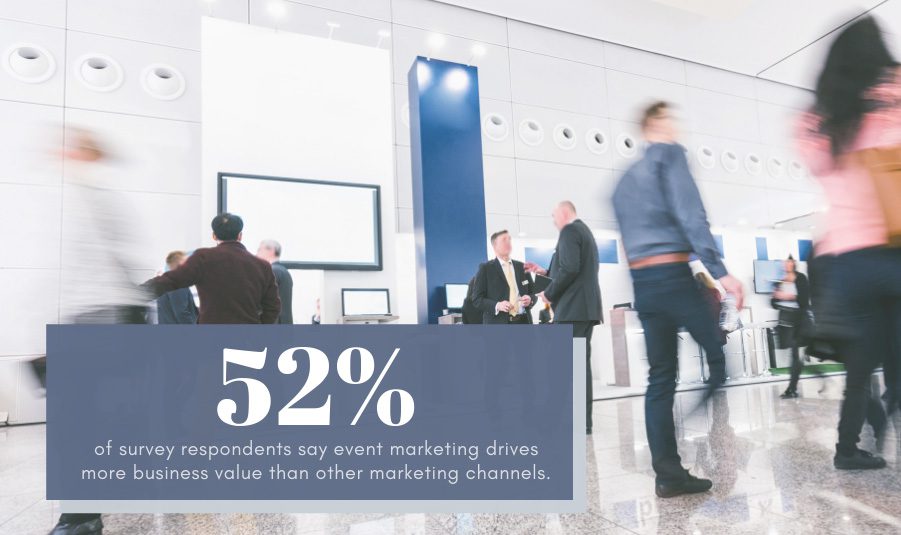The History of Experiential Marketing

Pop-up shops and mobile marketing vehicles may seem like a recent trend, but the history of experiential marketing is long and rich. As far back as the 1920s, companies have seen the benefits of engaging with consumers face-to-face and providing them with a unique marketing experience.
Initial Uses
Mobile showrooms and displays were first developed for the entertainment industry to gain exposure for a music artist or tour. Displays were set up near venues and along tour stops, and they offered engagement opportunities for consumers to interact with their favorite musicians. These displays often included mock photo opportunities and memorabilia displays. Some even offered autograph sessions, VIP meet and greets, or special appearances by the artist. These mobile showrooms helped prolong the tour’s excitement long after the performance was over.
This marketing technique, which had been used by automobile companies since the 1920s, was eventually adopted by NASCAR. Sponsors first used this marketing technique to display and promote their products or services near the racetrack, and they catered to the extremely loyal racing fans. They then began using graphic-wrapped gooseneck trailers to transport authentic race car replicas to the site. This unique marketing tactic drew consumers to the product and gave fans a chance to meet their favorite drivers, get up close and personal with their favorite cars, and experience the products and services in a fun and innovative way.
The alcohol and tobacco industry began to recognize the benefits of experiential marketing, as well. Experiential marketing events allowed these companies to market directly to their consumers, rather than having to work around the advertising restrictions that were placed on their industry. Companies would partner with local bars and restaurants to hold samplings within the venue or established a mobile showroom in the parking lot. This partnership benefits both the local business and the sponsor, as it helps form a loyal network and garner interest among consumers for both companies.
Expansion of Touring
Following the popularity of mobile marketing experiences in the alcohol, automotive, and entertainment industries, many other companies began to follow suit. The importance of immersive experiences began to grow, and according to a report by Harvard Business Review, “52% of survey respondents say event marketing drives more business value than other marketing channels.” Companies used mobile marketing vehicles and pop-up shops to offer further product sampling, which allows customers to not only taste new food and beverages, but to also engage in hands-on demonstrations and training seminars for new products. Marketing vehicles and mobile showrooms have also helped revolutionize the history of experiential marketing by allowing companies to take their products directly to their customers. This form of marketing helps companies easily travel to popular locations and better target their desired demographic. By setting up a temporary showroom at a festival or concert, companies can also increase brand loyalty and acceptance, as the attributes of the event also become implied attributes of the product.
